Micah Australia do a great job of training Voices for Justice delegates to speak up for Australian Aid at Australian Parliament House… but some meetings are definitely easier than others!
Different political parties align more easily on aid policies and different personalities can be the difference between a smooth or a difficult discussion.
When I rang Tony Abbott’s office to ask for a meeting (we had seven members from his electorate of Warringah attending Voices for Justice this year) I got the expected, “maybe”.
I’ve been to many Voices for Justice events, and a meeting with Mr Abbott has never eventuated. My young adult friends from Warringah, though, were determined not to take no for an answer!
And I did have a small ray of hope.
In September, after pulling some strings during the Baptist Leaders’ Converge event, we were fortunate enough to nab a surprise meeting with Mr Abbott. It was not a pleasant experience for me, the only Warringah constituent at that time. Our advocacy – which included the presentation of a report on domestic violence service needs and the findings from Baptist World Aid’s Global Neighbour Index – received distinctly negative engagement. And I felt that Mr Abbott was flippant and offhand at best.
When they scored a meeting with Mr Abbot, my young friends were over the moon, and they gathered us together to prepare for it intensely.
For our lobbying this year, Micah Australia created a platform of aid related asks – generally, we were asking for an increase in aid, but more specifically, we were to talk about disability inclusion, modern slavery, and UNHCR funding.
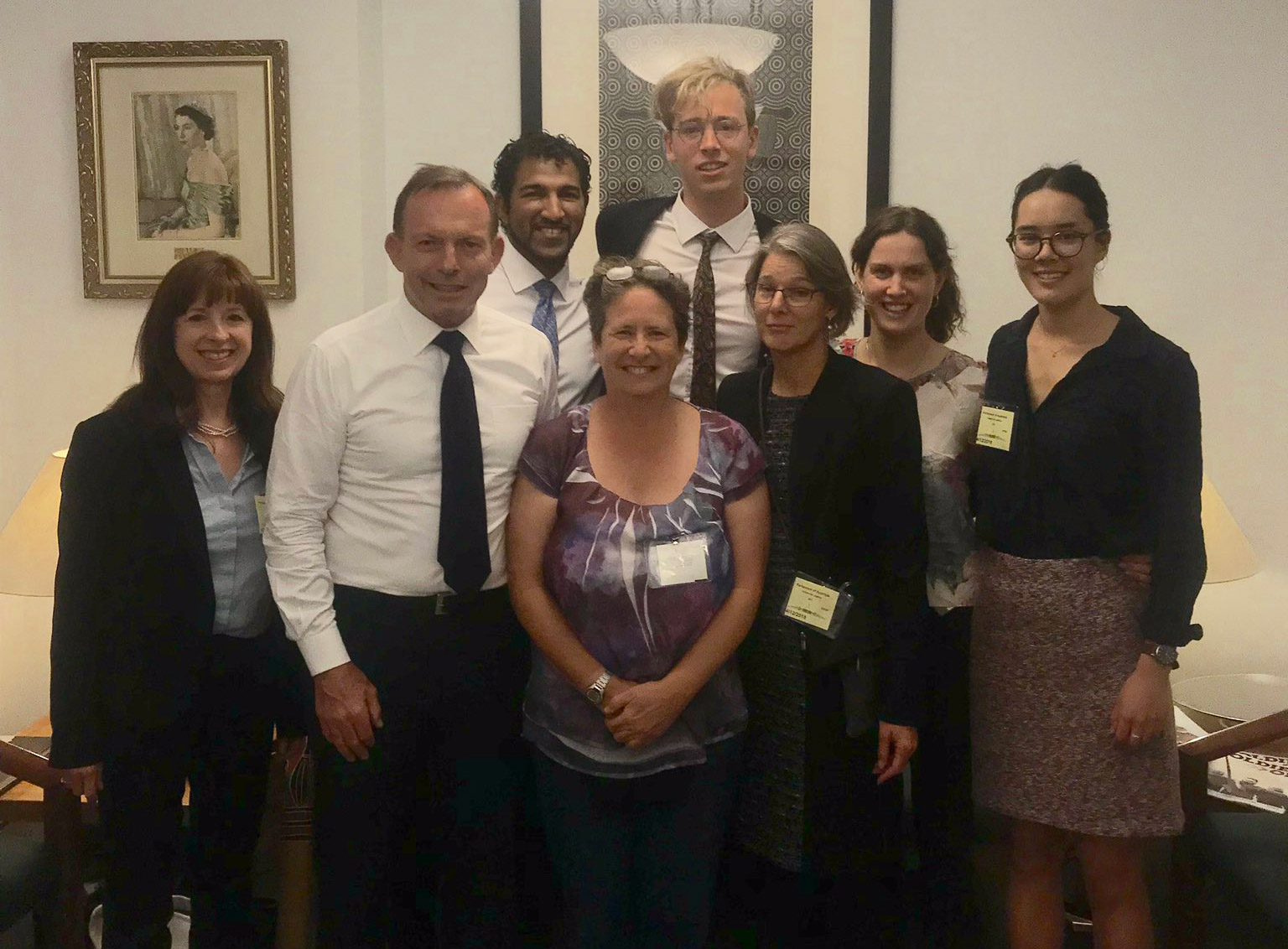
During his time as Prime Minister, Mr Abbott presided over the slashing of Australian Aid. Our lobbying group assigned roles and we prayed together, recognising the privilege and the responsibility that this meeting represented.
And then the time arrived.
In preparation, we had checked the ACFID website, which shows how many churches, schools, companies and individuals support Australian Aid in our electorate. We opened with these facts. And Mr Abbott explained his position: that individual charity was a more appropriate response to overseas need than government aid. Additionally, he put gains in combatting extreme poverty down to trade, rather than aid.
We, in response, pointed out that multiple factors accounted for the reductions in poverty; that Australia was named wealthiest country in the world by a Credit Suisse report; and that we were about to return to budget surplus. We noted, therefore, that our position as 19th amongst the 20 richest aid-giving countries was unbecoming to us as a leading nation, explaining that we would prefer to see Australia in the top half of this list.
Advocacy efforts are often slow affairs of great persistence, but just occasionally we get to see a quantum leap… after listening to our arguments, Mr Abbott paused – reflecting – then told us we were good advocates and admitted that this was not an unreasonable request!
We continued discussing numbers and he agreed that freezing the current percentage of Australia’s aid giving (so that it doesn’t continue to fall) was desirable.
Mr Abbott even agreed that we should ask for moderate increases in Australia’s aid giving in order to move Australia into the top ten most generous aid-giving countries.
A tweet from Mr Abbott saying we’d made a persuasive case for a generous aid program left our lobbying group feeling very satisfied with our efforts at Voices for Justice 2019.
Whether a looming election softened this tough MP towards us remains to be seen, but I am pretty sure that my young friends will be keeping an eye on him – and future governments! – to make sure the needs of the most poor and vulnerable in our world are not forgotten!
Baptist World Aid will be encouraging churches to engage with their local candidates in the lead up to the 2019 Federal Election around matters of justice and generosity. And I ask everyone to keep praying for our leaders – for the courage to lead us to be a generous, compassionate nation.

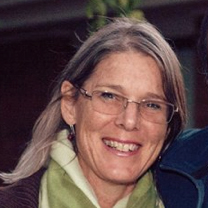
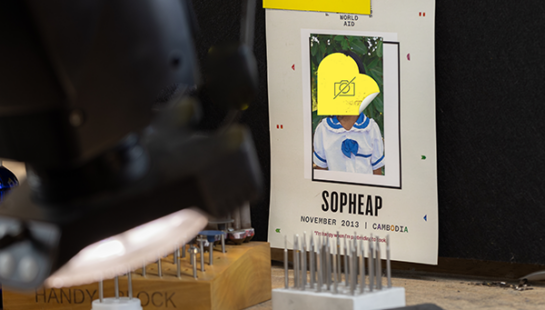
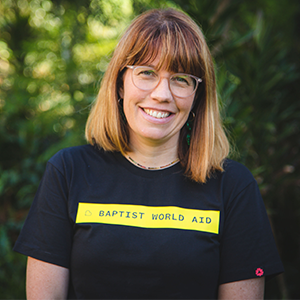 Meredith Benson,
Meredith Benson,

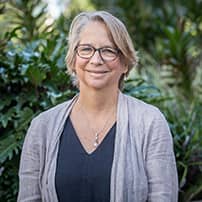 Jo Kadlecek
Jo Kadlecek